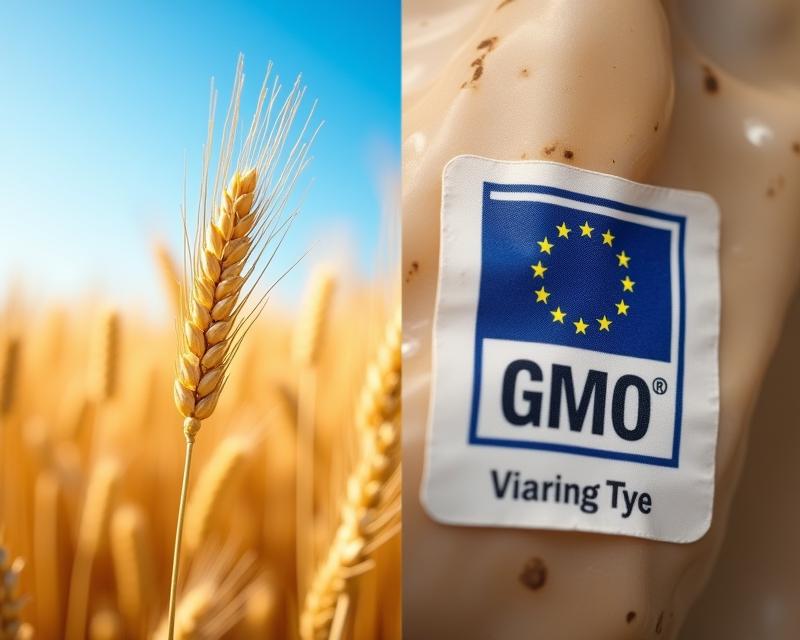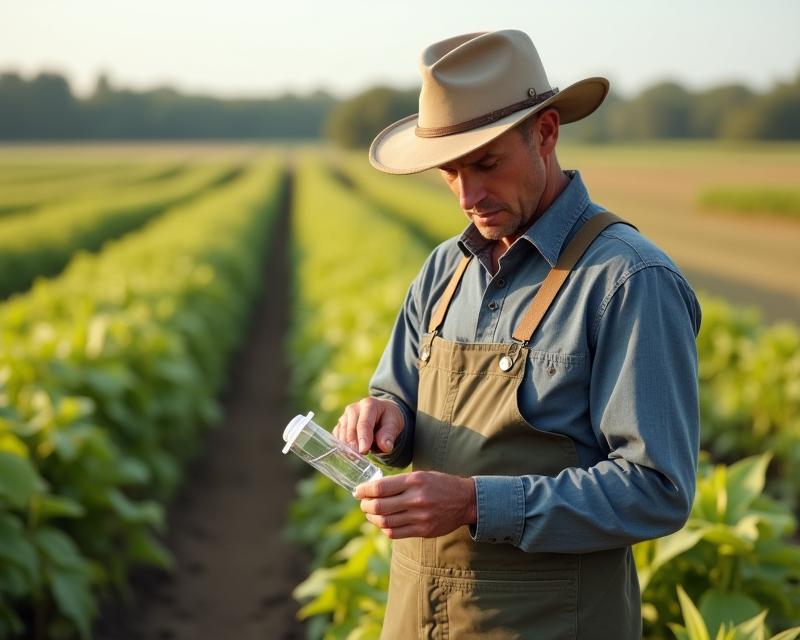EU GMO Rules: Impact on Global Farming
Publish in Agriculture el 04/07/2025 15:58
EU GMO Regulations: A Farmer's Guide
Hello everyone! As farmers, gardeners, and ranchers, we're constantly navigating the complexities of the global market. One area that often causes confusion and impacts trade is the European Union's (EU) regulations on Genetically Modified Organisms (GMOs). Understanding these rules is crucial for anyone involved in importing or exporting agricultural products.

What are EU GMO Regulations?
The EU has some of the strictest GMO regulations in the world. Essentially, the EU has a precautionary approach. This means they err on the side of caution when it comes to GMOs. They have strict rules about cultivation, import, and sale of food and feed containing GMOs. A key aspect is labeling – if a food product contains more than 0.9% of a GMO ingredient, it *must* be clearly labeled. This labeling requirement has a ripple effect on international trade, as it influences what products can be sold in the EU.
How do these regulations affect international trade?
The EU's regulations significantly impact global markets. Farmers in countries that *do* genetically modify crops often face challenges exporting to the EU. Even if a product is approved for use in other countries, it might be rejected by the EU due to their GMO restrictions. This can lead to lost revenue and market opportunities. It also creates a complex web of certification and compliance requirements for exporters.
What does this mean for you?
For farmers considering exporting to the EU, it's essential to understand their regulations. This includes knowing which GMOs are approved (currently, very few are), ensuring proper labeling, and potentially seeking specific certifications. For those importing agricultural products, it's vital to verify that products meet EU standards and comply with labeling requirements. Staying informed about the latest developments in EU GMO policy is a continuous process. Resources like the European Commission's website and agricultural trade organizations can provide valuable updates. It’s also worth exploring alternative markets if the EU presents too many hurdles.
Looking Ahead
The debate around GMOs continues globally. The EU's regulations are likely to remain stringent, and understanding them is key to success in international agriculture. By staying informed and adapting to these regulations, we can navigate the complexities of global trade and ensure a sustainable future for our farms.
Disclaimer: This article provides general information and should not be considered legal or professional advice. Always consult with relevant experts for specific guidance related to your situation.





